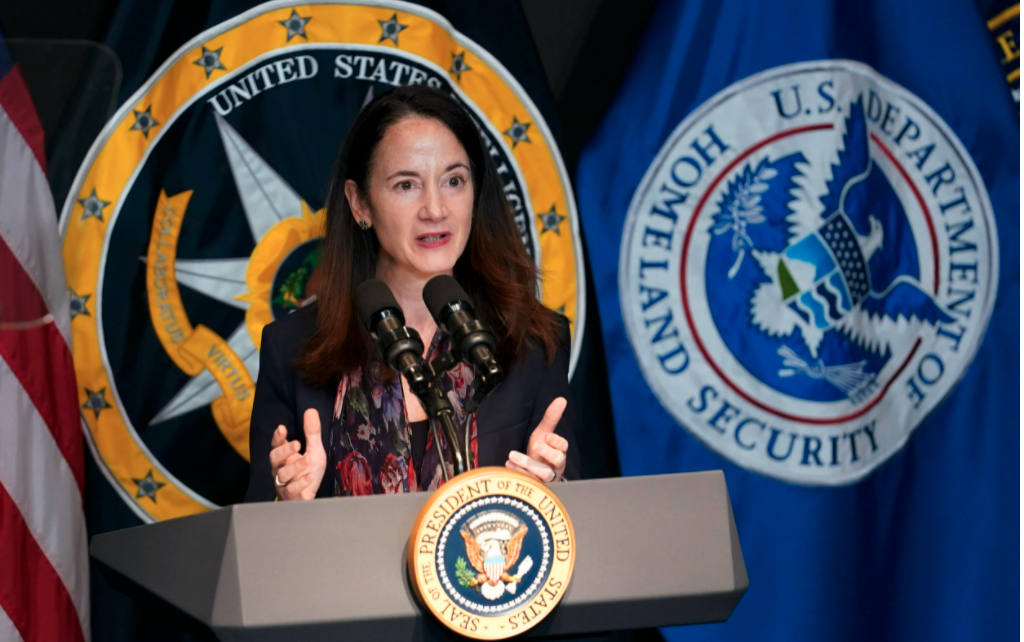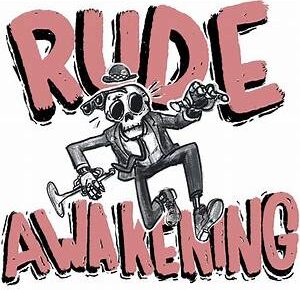 What is Whistleblowing? Whistleblowing is the lawful disclosure of information a discloser reasonably believes evidences wrongdoing to an authorized recipient. It is the mechanism to get the right information to the right people to counter wrongdoing and promote proper, effective, and efficient operation of IC functions. Whistleblowing in the IC is extremely important as it ensures that you can “say something” if you have “seen something” while protecting sensitive national security information and activities.
What is Whistleblowing? Whistleblowing is the lawful disclosure of information a discloser reasonably believes evidences wrongdoing to an authorized recipient. It is the mechanism to get the right information to the right people to counter wrongdoing and promote proper, effective, and efficient operation of IC functions. Whistleblowing in the IC is extremely important as it ensures that you can “say something” if you have “seen something” while protecting sensitive national security information and activities.
Whistleblowing is a powerful tool to raise awareness of potential issues within IC programs and activities. The tool is designed for reporting wrongdoing and not personal grievances, policy disputes or management disagreements. Each IC agency has appropriate venues to raise such concerns.
Whistleblowing occurs throughout the Federal government every day. Whistleblowing can range from a simple conversation with a supervisor, to contacting an Inspector General (IG) Hotline, to providing information, through the proper channels, to Congress. In each instance of lawful whistleblowing, an individual is getting the right information to the right people.
Who is a “Whistleblower”?
A Whistleblower is any individual who provides the right information to the right people. Stated differently, lawful whistleblowing occurs when an individual provides information that they reasonably believe evidences wrongdoing to an authorized recipient. Once that right information has been given to the right people, the whistleblower has made a protective disclosure and is afforded whistleblower protections.
What is the “Right Information”?
The “Right Information” is any information an individual reasonably believes evidences wrongdoing. Wrongdoing is a a violation of law, rule, or regulation; gross mismanagement; a gross waste of funds; an abuse of authority; or a substantial and specific danger to public health or safety. Wrongdoing is not policy disputes, management disagreements or other de minimis or trivial issues.
Who are the “Right People”?
The “Right People” are those known as “authorized recipient(s)”. Authorized recipients include: 1) a government supervisor in the employee`s chain of command, up to and including the head of the employing agency; 2) the IG of the employing agency or IC Element; 3) the Director of National Intelligence (DNI); 4) the ICIG; 5) an employee designated by any of the above officials for the purpose of receiving such disclosures. Authorized recipients are those individuals who can correct the wrongdoing that is reported to them. Inherent in that concept is that anyone without a clearance, or who is not in government, would not be an authorized recipient.
From the DNI: Whistleblowing Speaks Truth to Power
My greatest honor as Director of National Intelligence is to work alongside extraordinary public servants who are dedicated to our shared mission of protecting our country from the most dangerous threats.
As intelligence professionals, we are committed to certain fundamental ethical principles, including truth, courage, and integrity. When done lawfully, whistleblowing upholds our values and ensures that our exceptional mission is not above the law. Reporting waste, fraud, abuse, or corruption to those who can correct wrongdoings is how we can deliver on speaking truth to power.
Lawful whistleblowing is a public service — it helps us fix problems while protecting national security information and promotes public confidence in the critical work that we do to keep our nation safe.
For all these reasons, whistleblowing has been encouraged and protected by law since the Second Continental Congress in 1788. Whistleblower retaliation is illegal and violates Intelligence Community (IC) policies.
The Office of the Inspector General of the IC has resources and protections in place to help you lawfully report wrongdoing without fear of reprisal. By following the outlined processes, you can help to identify problems within the IC all while protecting our country’s most sensitive information from unauthorized disclosure. Authorized recipients of protected disclosures include:
- A government supervisor in the employee’s chain of command, up to and including the head of the employing agency;
- The Inspector General of the employing agency or IC element;
- The Director of National Intelligence;
- The Intelligence Community Inspector General;
- Or an employee designated by any of the above officials for the purpose of receiving such disclosures.
If you have information about a potential wrongdoing within the IC, I implore you to lawfully blow the whistle. After reviewing the IC IG’s resources, report your concern to your agency’s inspector general or contact the IC IG Hotline.
Together, we can strengthen our Community and safeguard our nation.
from Avril D. Haines
Director of National Intelligence
*Wrongdoing
Wrongdoing is defined as “a violation of law, rule, or regulation; gross mismanagement; a gross waste of funds; an abuse of authority; or a substantial and specific danger to public health or safety.”
**Authorized Recipient
An authorized recipient is: 1) a government supervisor in the employee`s chain of command, up to and including the head of the employing agency; 2) the Inspector General of the employing agency or Intelligence Community Element; 3) the Director of National Intelligence; 4) the Intelligence Community Inspector General; 5) an employee designated by any of the above officials for the purpose of receiving such disclosures.










